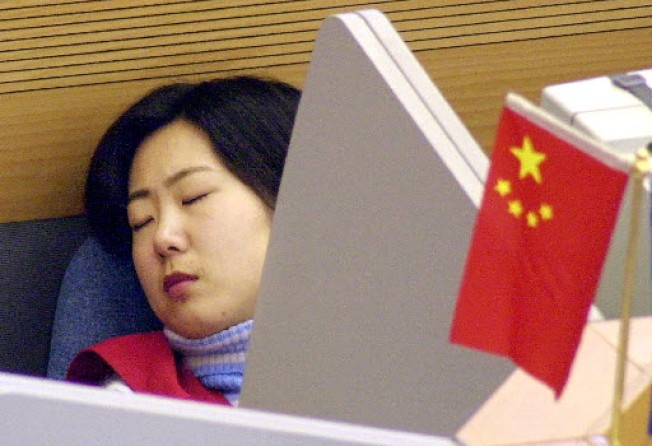B shares belong in a museum

It’s time for mainland regulators to consider whether B shares should be abandoned and turned into H shares in Hong Kong or relegated to the status of museum exhibits.
Do anyone still remember B shares? The B shares listed in Shanghai and Shenzhen were the first type of shares allowed to be traded by foreigners on the mainland, beginning in 1992, shortly after the launch of A shares.
A shares were supposed to be traded by mainlanders only, while B shares – priced in US dollars in Shanghai and Hong Kong dollars in Shenzhen – were for trading by foreigners or mainlanders with foreign currency.
But the mainland markets have changed substantially in the intervening 23 years, along with many regulations and capital control rules.
All evidence shows the B-share scheme has been a flop, for the simple reason there are now many different ways for international investors to trade the mainland stocks.
The first challenger was H shares, which have been listed in Hong Kong since 1993 and now comprise half our market capitalisation. International investors can trade them freely, without restriction.
The second alternative was the qualified foreign institutional investors (QFII) scheme, launched in 2002, that allows selected international firms to trade in A shares.
More recently, the stocks through train between Hong Kong and Shanghai has allowed individuals and companies around the world to trade in Shanghai-listed A shares via Hong Kong.
A similar tie-up is planned between HKEx and the Shenzhen Stock Exchange sometime this year.
There are still 53 B shares listed in Shanghai and 51 in Shenzhen but they have increasingly fallen out of favour. Shanghai B-share turnover reached 270 million yuan (HK$340 million) last Tuesday, just 0.1 per cent of the A-share market’s turnover, and the situation in Shenzhen is similar.
Mainland developer China Vanke took the lead by effectively turning its B shares into H shares in July, letting B-share investors get H shares when it delisted its B shares in Shenzhen. The company still has A shares in Shenzhen.
More B shares are likely to follow its example.